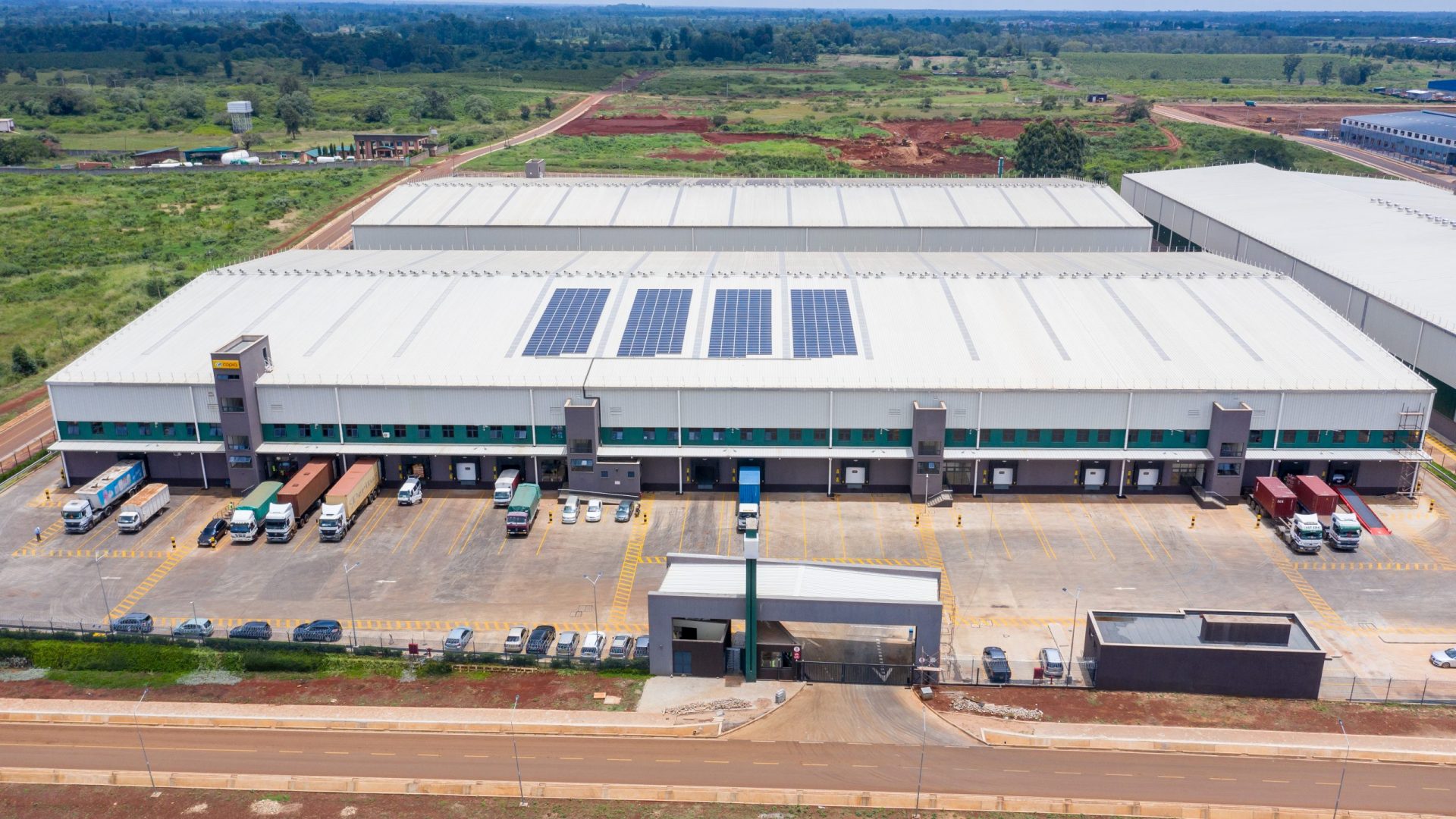Five reflections from the Global Impact Investing Network Forum
The annual Global Impact Investing Network (GIIN) forum took place recently in the Netherlands. Over 1,000 impact investors from more than 60 countries participated in a packed agenda, including a small team of colleagues from British International Investment. Here are some of our key takeaways from the event.
1. Impact investing continues to gather momentum
New research from the GIIN estimates that the size of the impact investing market has reached $1.164 trillion. This is the first time that this figure has surpassed $1 trillion.
Alongside this, the wide range of attendees at the GIIN Forum was another indicator of the continued rise of impact investing. The conference was well attended by mainstream private equity and finance providers alike, as well as large corporations such as PayPal, Visa and J&J.
2. How investors think about impact is evolving
Impact measurement and management are undergoing certain shifts. First, there is heightened awareness of the need to focus more on systems-level practice and outcomes; in other words, there’s greater awareness of the importance of thinking about impact beyond individual investments.
Second, there are increasing calls for clarity and transparency from shareholders, regulators and the public.
Third, there is increasing demand for greater comparability across investments using benchmarks, internationally recognised targets and models. One example of an initiative responding to this need is the IRIS+ Impact Performance Benchmarking tool. It enables investors to analyse the impact performance of investments within a sector, and to compare their own impact results relative to their peers and the SDGs.
3. Walking the talk on ESG is more important than ever
In recent years environmental, social and governance (ESG) investing has become more mainstream. It is also attracting greater scrutiny, backlash and regulation. This includes the new Sustainability Disclosure Requirements (SDR) regulation in the UK, which is designed to prevent greenwashing across the industry.
Amidst the increased scrutiny, the role of impact investors in upholding higher standards of impact and transparency, and showcasing positive outcomes, systemic change and transformative solutions, becomes more critical.
4. Biodiversity is the next frontier for investors
After multiple global crises including COVID, economic recessions and climate change, the threat of biodiversity collapse is the next frontier that the impact investing community needs to focus on. This involves regenerating our food and agriculture systems, investing in the circular economy to combat overconsumption and scaling nature-based solutions. Food systems are a large contributor to both climate change and biodiversity loss, and food security is a significant concern. Impact investors have a huge opportunity to support the transition to more inclusive, sustainable and efficient food systems.
5. There’s an appetite to learn more about catalytic capital
At British International Investment we have evolved our financial toolkit so that we can invest across a wider range of opportunities, from seeding pioneering opportunities to scaling proven solutions in our markets. We can take more risk in areas where we have the potential to be more impactful. We aim to be at the forefront of catalytic capital and are pleased to share our experiences and lessons with others.
At the GIIN Forum, it was clear that catalytic capital is an area of significant interest for investors, including other development finance institutions. We partnered with the Catalytic Capital Consortium (C3), an initiative of the MacArthur Foundation, Rockefeller Foundation and Omidyar Network, to host an event that brought together peers and other leaders in the field of catalytic capital. As well as sharing our experience and ambitions at the event, we launched a partnership with C3 and the Small Foundation, to build a community of practice amongst providers of catalytic capital, to collaborate and share knowledge as well as best practice and pipeline opportunities.
Written by Jay Shah, Development Impact Executive, and Alex Goodenough, Innovative Finance Lead, British International Investment











